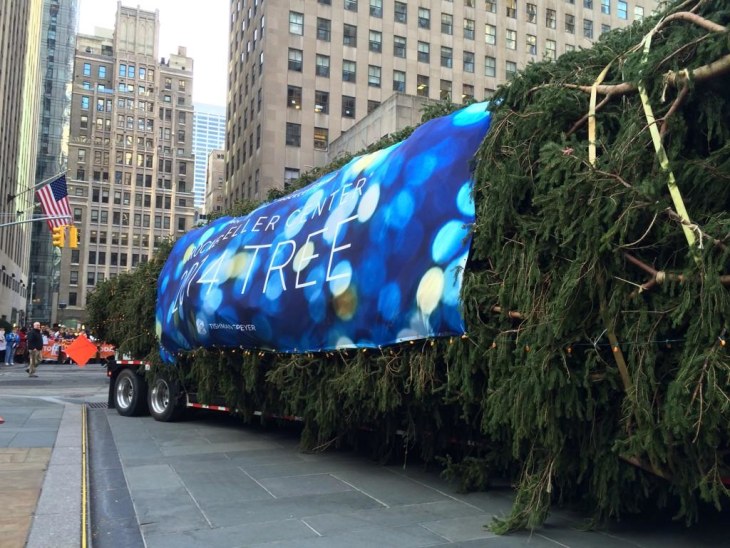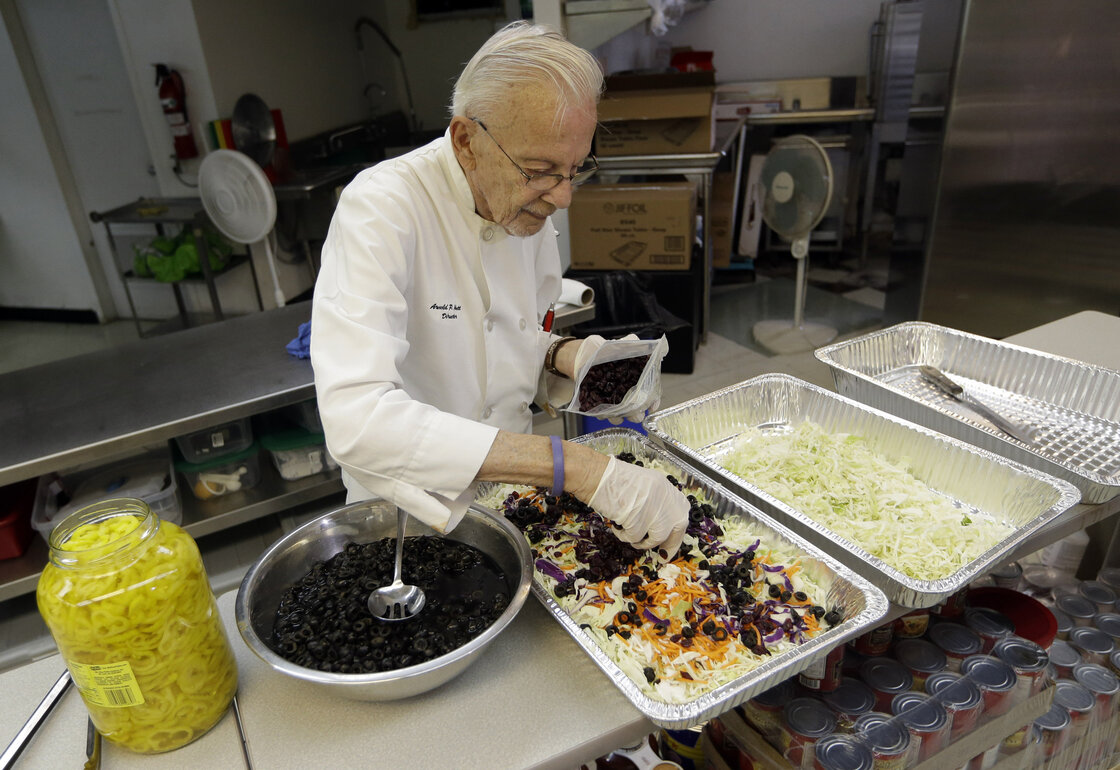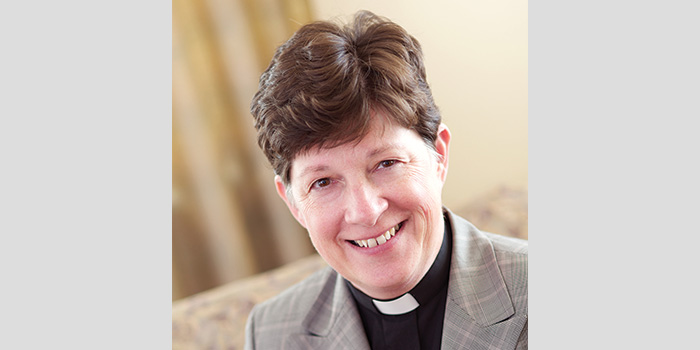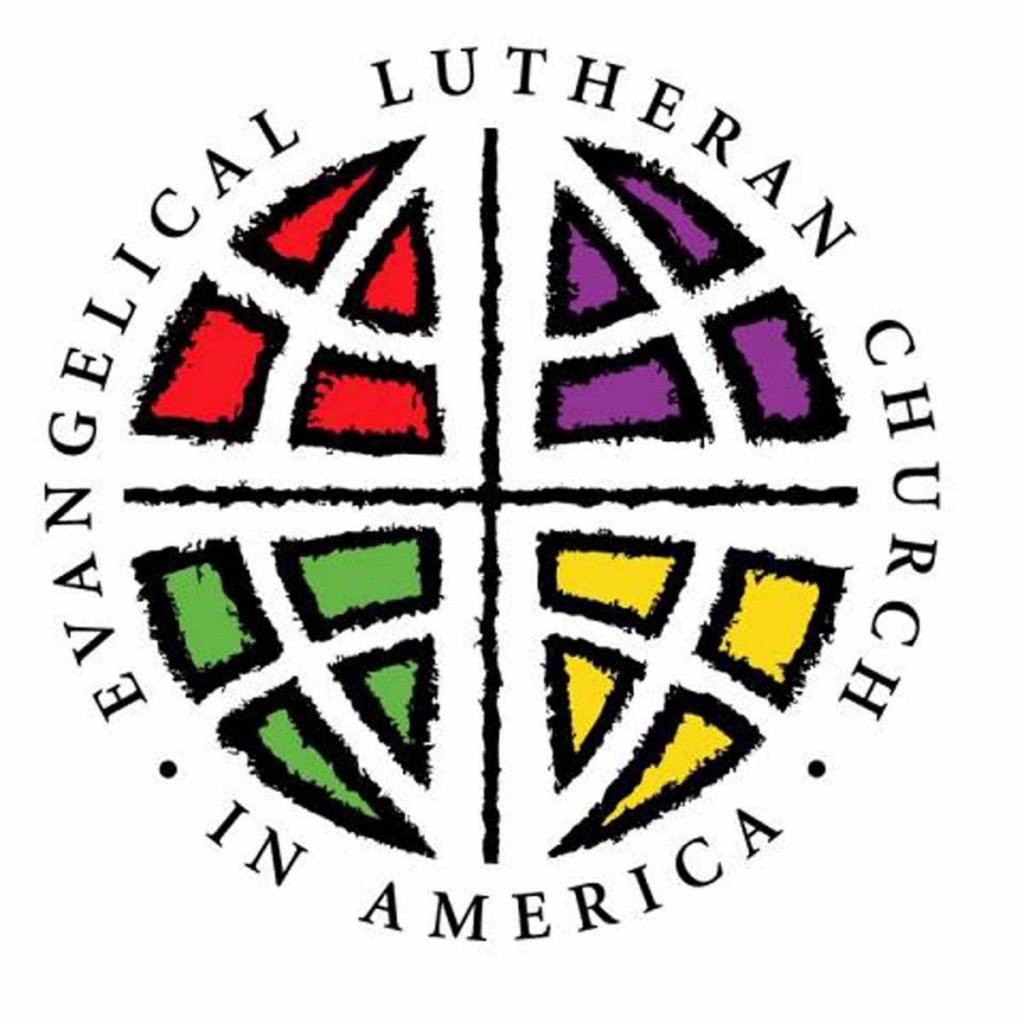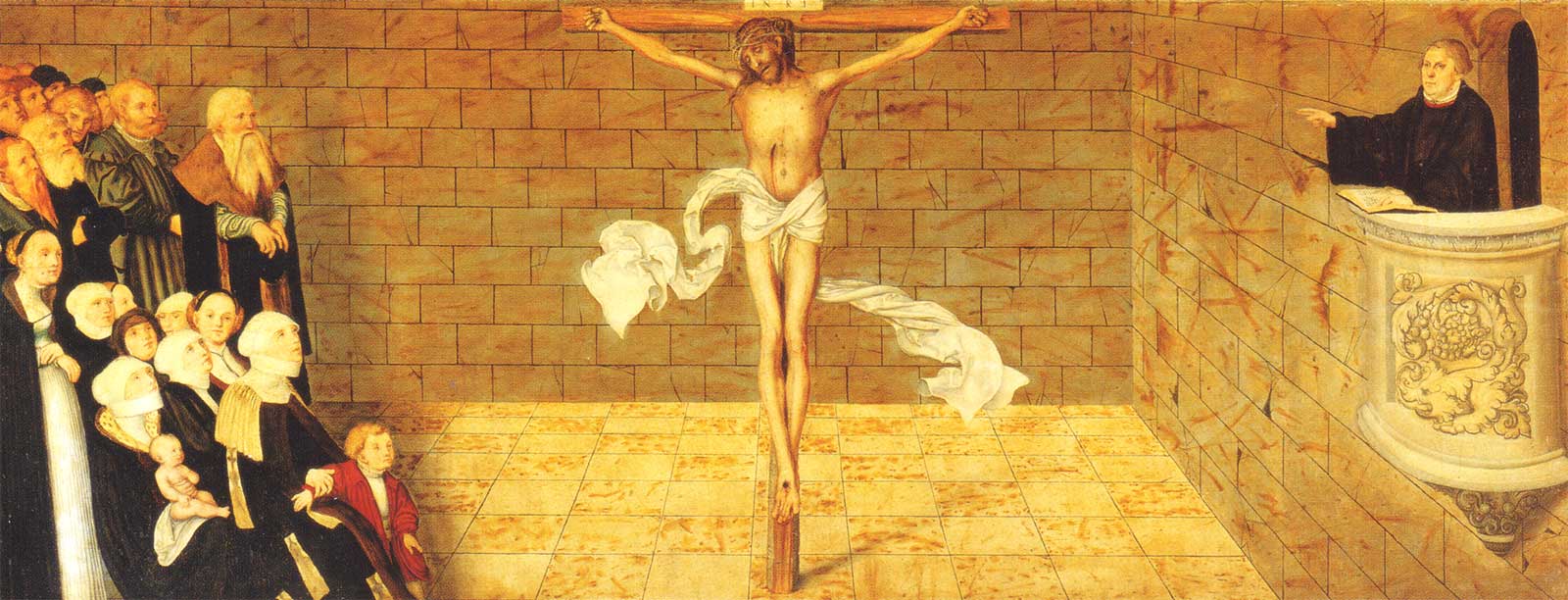Luke 1.46b-55, Advent 4 B, December 21, 2014
Most of the time, anonymity on the internet is toxic. People can say whatever they are really thinking - without any filter. Usually this leads to cruel, mindless comments. We have seen that Augustana College experienced this firsthand this week. The administration had to put the social media app YikYak behind their firewall because a few people were making hurtful racist comments.
http://kwqc.com/2014/12/19/augustana-administration-bans-yik-yak-app/
http://kwqc.com/2014/12/19/augustana-administration-bans-yik-yak-app/
Sometimes, relative anonymity on the internet can be a beautiful thing. Regular, everyday people on Twitter respond to social movements by telling the honest stories of their lives. Gathered together into groups by their hashtags, they tell a story of those in our country who do not have it as easy as we do.
Some of these hashtags refer to the racism that is still oddly prevalent in our society. African Americans use #alivewhileblack to share their experiences with local cops. For example, Ashley Ford writes:
Stopped by police on my college campus while walking with a white male classmate. Asked if I was engaging in sex work. #AliveWhileBlack
— Ashley Ford (@iSmashFizzle) December 4, 2014
Another prevalent hashtag is #blacklivesmatter. People of all races use this to share their support for their darker skinned neighbors. Kevin Hendricks writes:
Crying out for justice is not always convenient. #BlackLivesMatter #mallofamerica
— Kevin D. Hendricks (@kevinhendricks) December 20, 2014
Social commentary on Twitter is for more than just racism. I have shared before how women have used the hashtags #yesallwomen, #whyistayed, and 3whyileft to describe their experiences of domestic violence.Women also share stories of sexism, including street harassment. Cat calling is a serious problem in many urban areas, making women feel unsafe and objectified. #YouOKsis and #notjusthello are ways for women to share their experiences. Candy writes:
Mary’s song is one of extreme opposites. We certainly don’t belong in either extreme. I think sometimes we are a lot closer to the “rich” side of the scale than we are to the “hungry” side. We don’t struggle to put food on the table. We don’t face adversity when looking for a job or planning to retire. We don’t worry that a cop will pull us over for no good reason. Even so, God shares a word of grace for all of us. This Christ child, already growing in Mary’s womb, will bring about an end to extremes.
Jesus our Lord lived among us. In time, Jesus would gladly sit among the prostitutes, the convicts, the social outcasts, and other sinners. He would experience street harassment from anyone and everyone who felt threatened by his message. The Pharisee prosecutors would set a case against him, making him look guilty for crimes he did not commit. He would experience police brutality when the Roman soldiers mocked him and put a crown of thorns on his head, pressing down until his head bled.
“Smile, baby”: The words no woman wants to hear #notjusthello #youoksis http://t.co/QfNXTVzfgR via @Salon
— Justice4John&Tamir (@justlikecanday) November 12, 2014
These are just a few examples of the racism and sexism that are still prevalent in our society. We may not always see these in our quiet corners of Princeton and Le Claire, but we don’t have to go far into the Quad Cities to find them. This is the world that we live in - where so many people don’t feel safe going about their daily lives.
I cannot help but have these in mind when I hear the Magnificat this morning. Mary’s song, which we read in place of a psalm, proclaims that God through Jesus will bring an end to all of this. When Mary says that she is a lowly servant, I wonder - Did she ever have to experience a cat-calling? Did anybody ever call her a prostitute for no good reason? Did she realize how her poverty ostracized her? I wonder what her life was like.
We may not know much about Mary, but I think she did have a somewhat rough life. Even if she was never personally attacked, she knew her social status and where that put her in society. In simpler terms, Mary was a nobody. She was a simple girl with a simple future.
Then Gabriel comes and her world is completely turned upside down. Now she will bear the Son of God, an illegitimate son in her fiancé’s eyes. This small baby will save the world. And what will that saving look like? That is what we hear in her song.
We want to relate to Mary, but I think there is something about her lowly status that we have never experienced. All of us are white, so we have never been judged by our skin color. Most of us are comfortably middle class. We certainly have worked hard for what we have earned, but we haven’t experienced as many roadblocks to success that others have. We are not lowly servants, so it is hard for us to hear the true depth of God’s message. God is taking oppressive suffering and overturning it into grace.
Professor Lois Malcolm of Luther Seminary grew up in the Philippine Islands while her parents were missionaries. She found that the poor there experienced Mary’s song in profound ways. For them, it was the first time that they ever felt valued.
They thought that they were poor because that was how it was supposed to be. They figured God wanted the rich to be rich and the poor to be poor. They believed that they deserved their poverty - maybe they were suffering for their or others’ past sins. They also claimed that they weren’t smart enough to be rich.
Then they heard the Magnificat proclaim for them. Rolf Jacobson writes, “No, Christ has come to challenge the structures of sin, death, the devil, and oppression. Christ has come in the strength of the Lord to do what the Lord has always done: lift up the lowly, free the enslaved, feed the hungry, give justice to the widow, the orphan, and the sojourner.”
These Philipinos hear the profound grace in this song because they are the lowly who need to be lifted up. They are the hungry needing food. They are the ones desperate for God to show them a better life. For them, this passage brings hope.
We need this hope too. We may not be the ones suffering in desperation, but we do see the proud who need to be scattered. We see the mighty who need to be taken from their thrones. We see the rich who need to be sent away empty.
Sometimes, though, aren’t we too proud for our own good? Sometimes aren’t we too rich for our own good? Rolf Jacobson also writes, “But God’s people have also been oppressors. We have enslaved others -- and each other. We have stolen from, oppressed, and slain others -- and each other. And when we have done so, the oppressed, the enslaved, the persecuted have sung God’s songs of resistance against us.”
Mary’s song is one of extreme opposites. We certainly don’t belong in either extreme. I think sometimes we are a lot closer to the “rich” side of the scale than we are to the “hungry” side. We don’t struggle to put food on the table. We don’t face adversity when looking for a job or planning to retire. We don’t worry that a cop will pull us over for no good reason. Even so, God shares a word of grace for all of us. This Christ child, already growing in Mary’s womb, will bring about an end to extremes.
Jesus our Lord lived among us. In time, Jesus would gladly sit among the prostitutes, the convicts, the social outcasts, and other sinners. He would experience street harassment from anyone and everyone who felt threatened by his message. The Pharisee prosecutors would set a case against him, making him look guilty for crimes he did not commit. He would experience police brutality when the Roman soldiers mocked him and put a crown of thorns on his head, pressing down until his head bled.
Mary may not have known all that was to come, yet we hear in her Magnificat that she knew that this all would be worth it. Through Jesus, God is turning the world around. There are moments today when we experience God’s cosmic grace, but the day is coming when Jesus will return. He will complete the overturn of the haughty, the powerful, and the rich. When that time comes, the humble, the weak, and the poor will experience God’s grace in all its fullness. We await that coming day when together we pray, “Stir up your power Lord Christ and come!” Amen.










